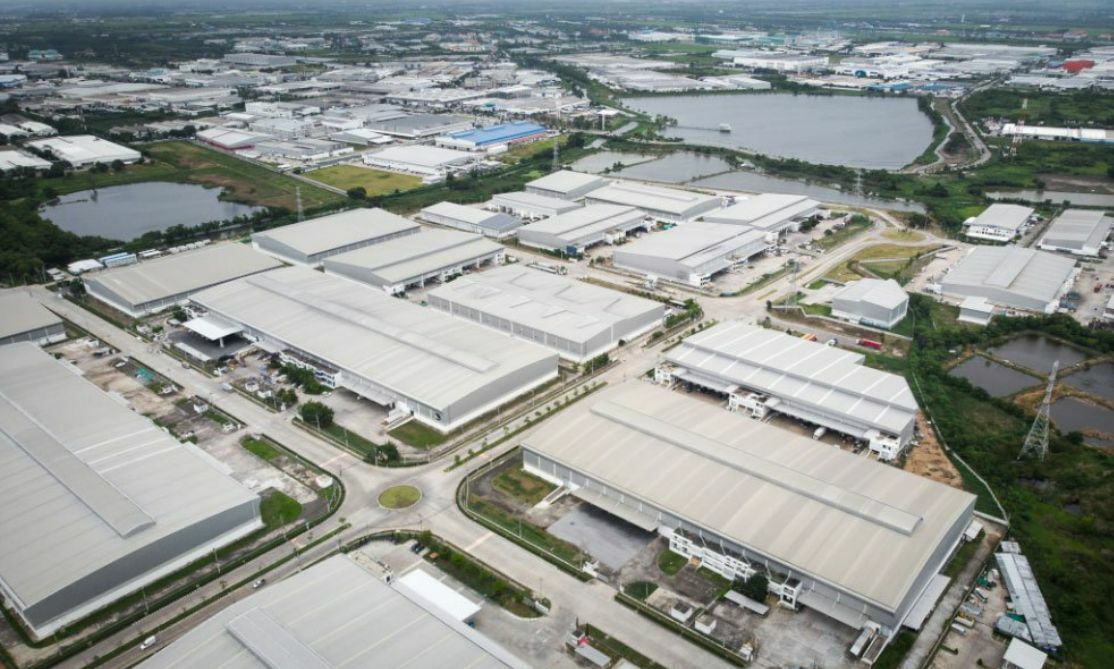Industrial estates in Thailand surge 182% due to foreign manufacturing influx

Industrial land sales in Thailand, managed by the Industrial Estate Authority of Thailand (IEAT), witnessed a dramatic rise of 182% year on year in fiscal this year, totalling 5,693 rai. This substantial increase was due to the migration of foreign manufacturing plants to Thailand and the country’s government’s investment incentives.
The sales figures surpassed the previously projected target of 2,500 rai, set for the period spanning from October 1 last year to September 30 this year.
Veeris Ammarapala, the governor of the IEAT, explained that the surge in sales was not only due to the relocation of factories but also due to increased investment in the Eastern Economic Corridor (EEC) and the implementation of a long-term resident visa policy. Veeris said the policy allows foreigners a ten-year stay, thus attracting foreign investors.
“Land sales in the EEC amounted to 4,724.8 rai while the remaining 967.7 rai was outside the EEC.”
The EEC, encompassing sections of Chon Buri, Rayong and Chachoengsao, is set to transform into the nation’s advanced industrial hub. It will host 12 targeted S-curve industries, comprising new-generation car manufacturing and smart electronics.
In fiscal next year, Veeris plans to sell 3,000 rai of industrial land, indicating growth from fiscal 2023. The EEC is predicted to account for the majority of these sales, approximately 2,700 rai, with the remaining 300 rai outside the EEC.
Expanding Industrial Estates and Investment Opportunities
At present, the IEAT operates 68 industrial estates across the country, as well as the Map Ta Phut deep-sea port in Rayong. The authority fully owns 15 of the total estates, jointly managing the remaining 53 with various companies.
These industrial estates accommodate 4,828 factories, with a combined investment value of 10.8 trillion baht and a workforce totalling 994,696.
In terms of the highest investment value in Thailand, Japan leads, representing 30% of the total investment. It is followed by China (12%), Singapore (8%), the US (6%) and Taiwan (5%).
In fiscal this year, the IEAT reported a revenue of 8.5 billion baht and a profit of 3.7 billion baht.
The authority continues to expand its business operations by developing the Smart Part industrial estate in Rayong to cater to S-curve industries. Its construction is currently 70% complete.
Two years ago, the IEAT declared its intent to develop infrastructure to support renewable energy development, including hydrogen, solar energy and biomass, at the Map Ta Phut and Smart Park industrial estates.
The third-phase development of the Map Ta Phut deep-sea port is currently 65% complete, reported Bangkok Post.
Follow more of The Thaiger’s latest stories on our new Facebook page HERE.
Latest Thailand News
Follow The Thaiger on Google News:


























